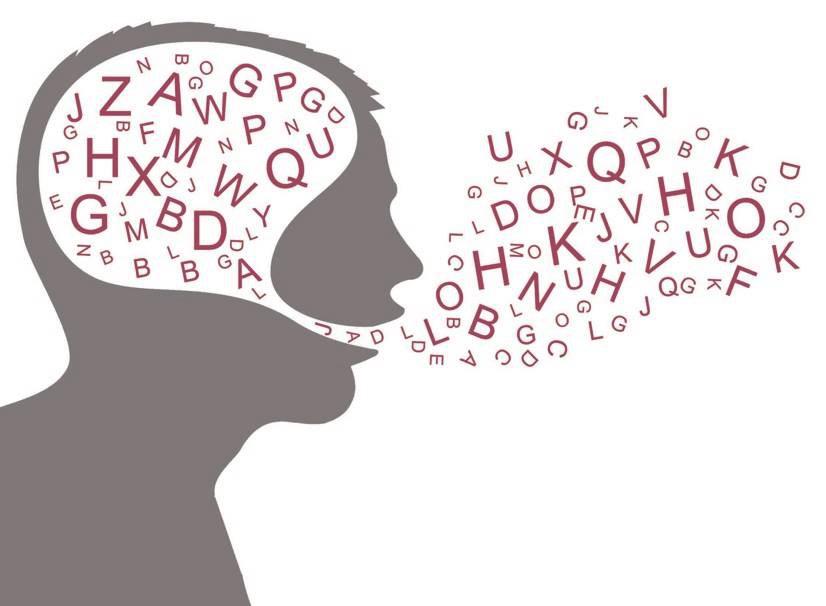THE ACQUISITION-LEARNING DISTINCTION IN SECOND LANGUAGE
The acquisition-learning distinction is perhaps one of the more fundamental hypotheses when it comes to second language studies. It maintains that adults have two distinct and independent ways of developing competence in a second language.
12
278 reads
CURATED FROM
IDEAS CURATED BY
An apirant linguist and language teacher, whose only dream is to leave a legacy. 📒
The idea is part of this collection:
Learn more about communication with this collection
How to write clearly and concisely
How to use proper grammar and punctuation
How to structure a business document
Related collections
Similar ideas to THE ACQUISITION-LEARNING DISTINCTION IN SECOND LANGUAGE
Benefits of learning a new language
Research shows that it's important to "exercise" your brain. Learning a language is one of the most effective ways to do this.
Benefits of speaking or learning a second language:
- It improves overall cognitive abilities.
- It decreases ...
The decline in language learning
There are three possible reasons why the ability to learn a language decreases at 18.
- Social changes: At 18, late teens typically graduate high school and may no longer have the time, opportunity or learning environment to study a second language.
- Interference: Th...
Learning a Foreign Language: Improving Learning In Adults
- When adults try to learn a new language, they tend to rely on their prefrontal cortex (PFC).
- Growing evidence finds that learning can improve when the PFC “turns off” and allows the more primitive, less-familiarized non-declarative memory system to take lead.
- You can’t tur...
Read & Learn
20x Faster
without
deepstash
with
deepstash
with
deepstash
Personalized microlearning
—
100+ Learning Journeys
—
Access to 200,000+ ideas
—
Access to the mobile app
—
Unlimited idea saving
—
—
Unlimited history
—
—
Unlimited listening to ideas
—
—
Downloading & offline access
—
—
Supercharge your mind with one idea per day
Enter your email and spend 1 minute every day to learn something new.
I agree to receive email updates


